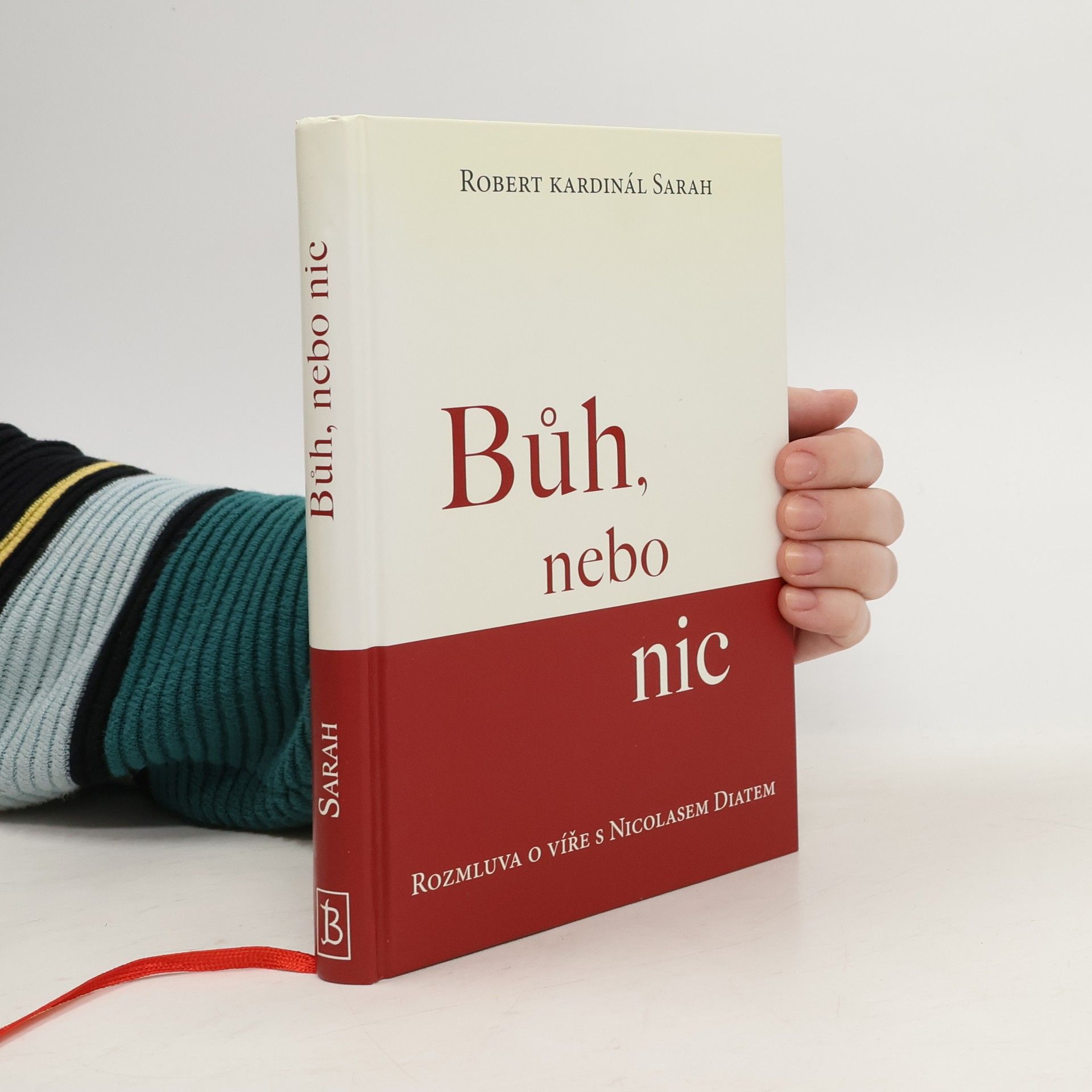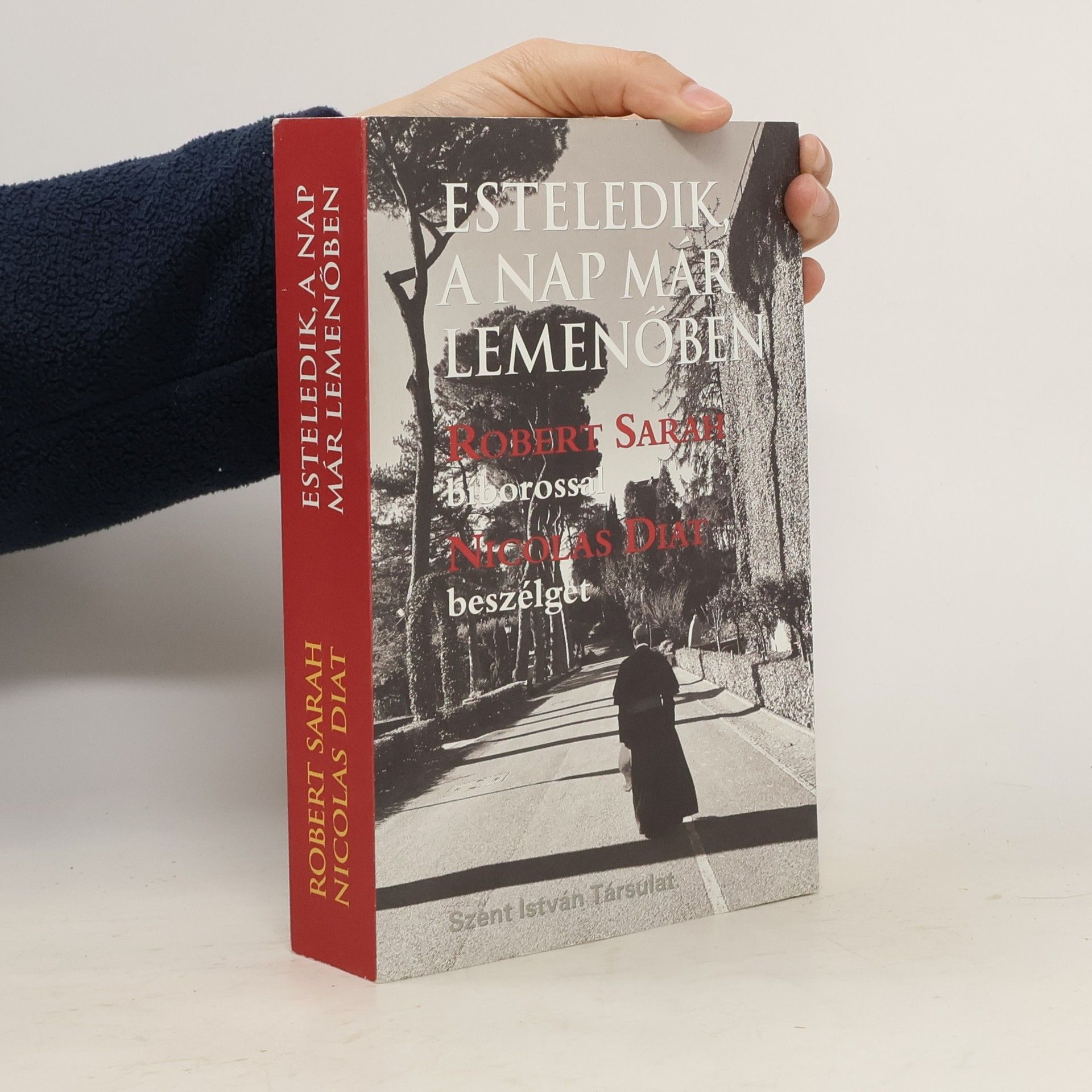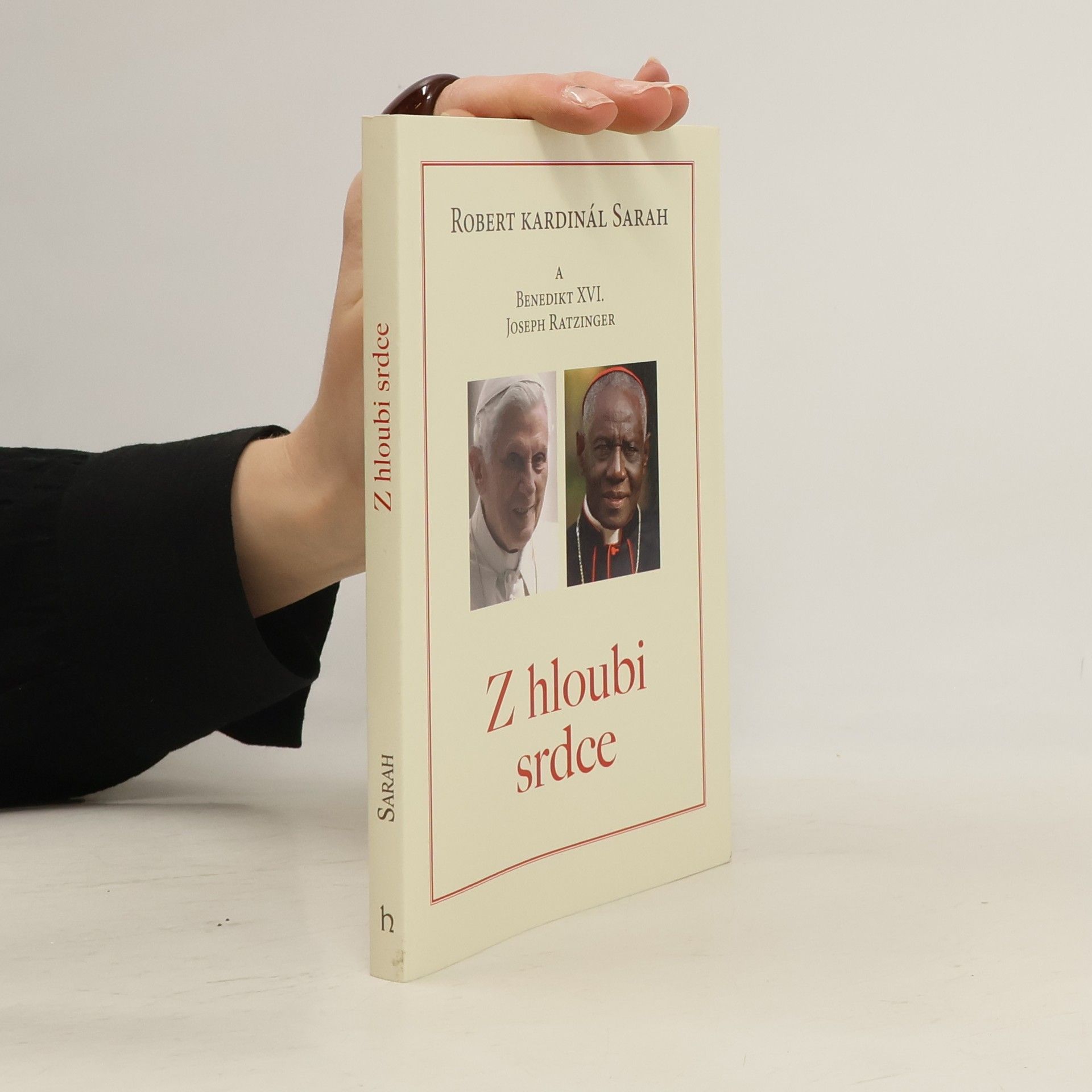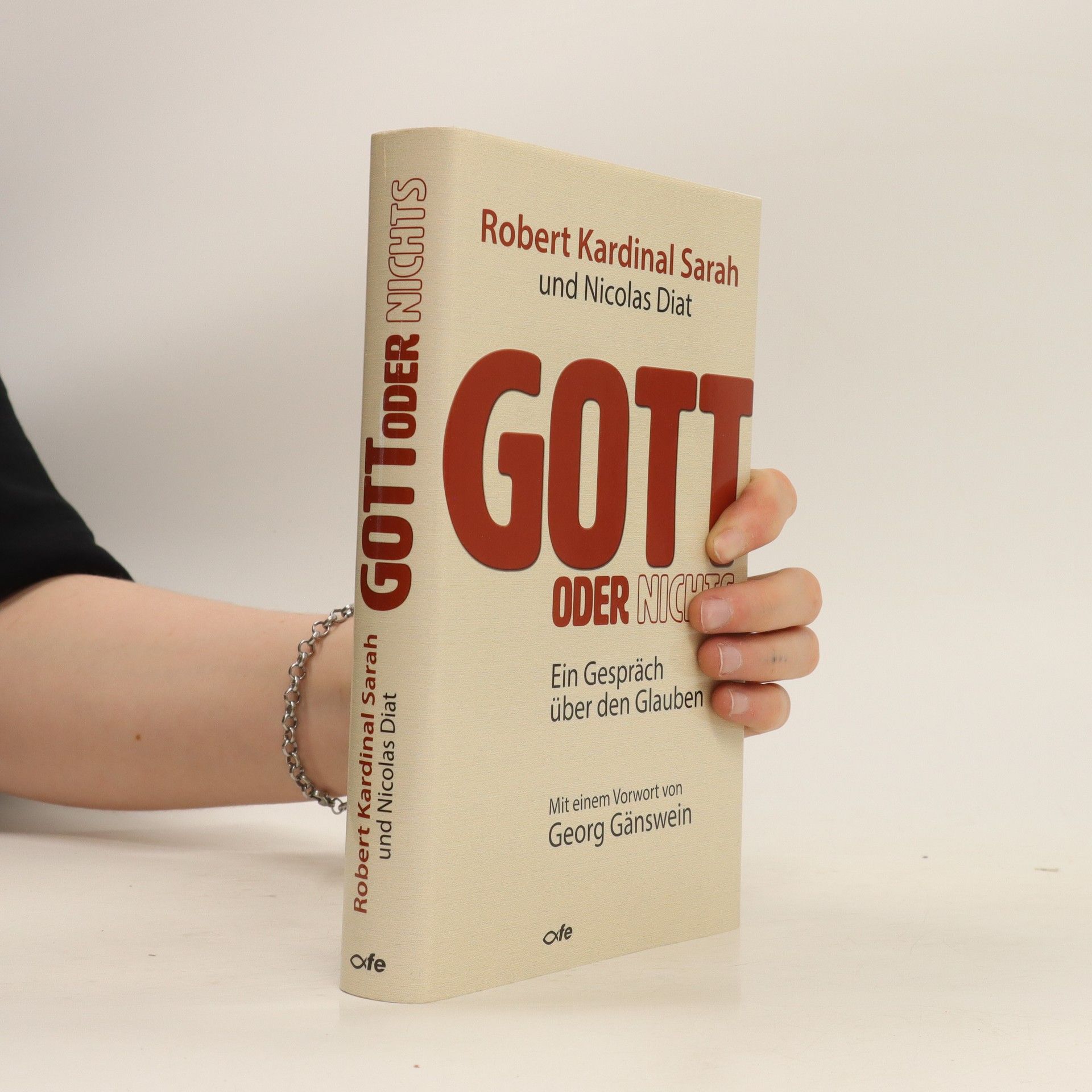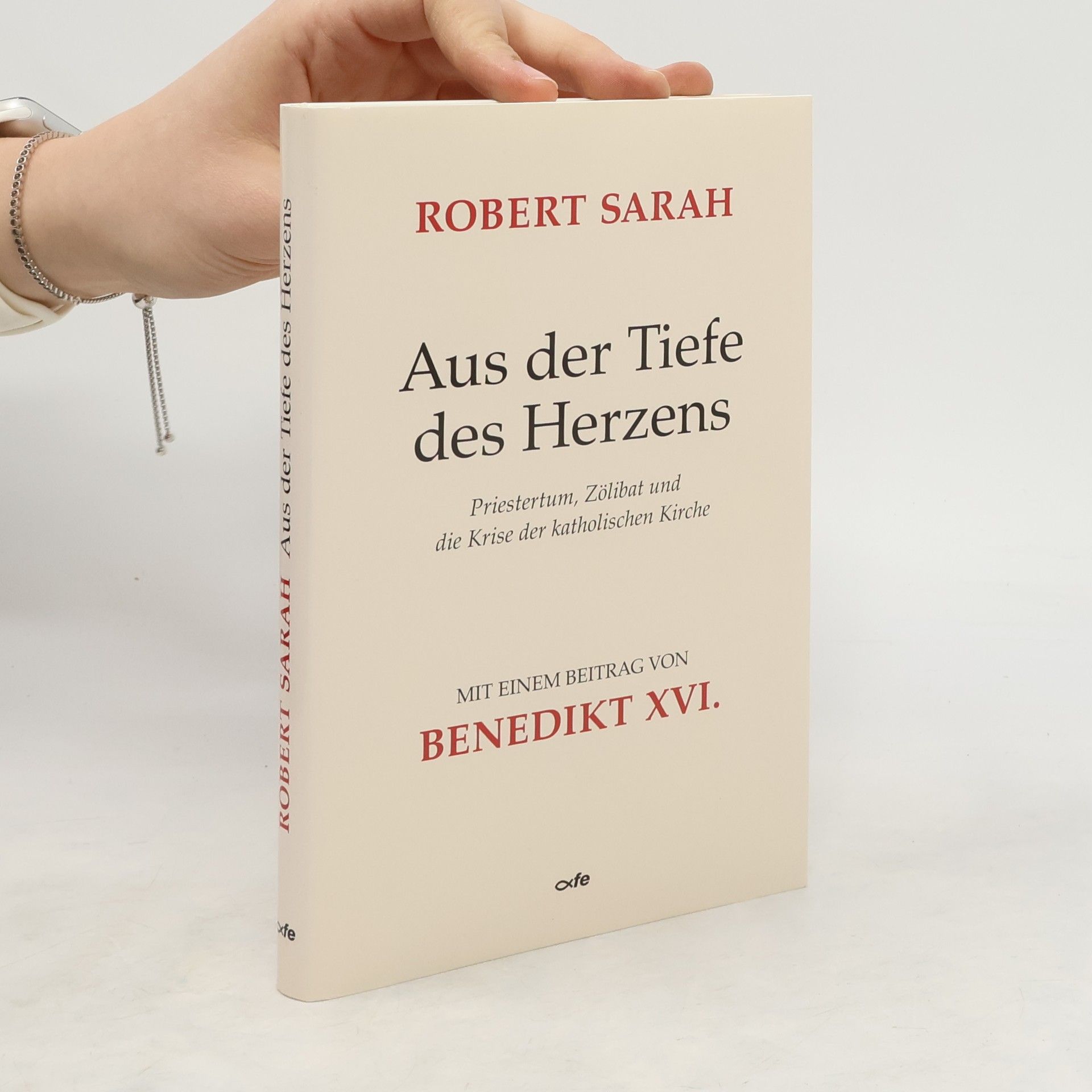The Power of Silence: Against the Dictatorship of Noise
- 248pages
- 9 heures de lecture
In a time when technology penetrates our lives in so many ways and materialism exerts such a powerful influence over us, Cardinal Robert Sarah presents a bold book about the strength of silence. The modern world generates so much noise, he says, that seeking moments of silence has become both harder and more necessary than ever before. Silence is the indispensable doorway to the divine, explains the cardinal in this profound conversation with Nicolas Diat. Within the hushed and hallowed walls of the La Grande Chartreux, the famous Carthusian monastery in the French Alps, Cardinal Sarah addresses the following questions: Can those who do not know silence ever attain truth, beauty, or love? Do not wisdom, artistic vision, and devotion spring from silence, where the voice of God is heard in the depths of the human heart? After the international success of God or Nothing, Cardinal Sarah seeks to restore to silence its place of honor and importance. "Silence is more important than any other human work," he says, "for it expresses God. The true revolution comes from silence; it leads us toward God and others so as to place ourselves humbly and generously at their service."

